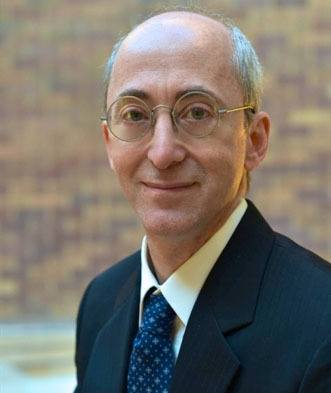The Vashon Alliance to Reduce Substance Abuse (VARSA) will bring a nationally known physician and addiction specialist to speak on the island next week.
Dr. Stuart Gitlow, who speaks about addiction issues around the country, will give the lecture “Under the Influence: The Teen Brain and Substance Use” as the second talk in VARSA’s Let’s Get Talking series. The free presentation will be at 7 p.m. Monday, May 18, at the Vashon High School theater.
“We are very fortunate to have Dr. Gitlow come to the island to present,” said Lisa Bruce, VARSA’s coordinator. “He is an expert in the field and brings a wealth of information to the table.”
Gitlow is the director of a physician training program in addictive disease at the Mount Sinai School of Medicine in New York City and is the president of the American Society of Addiction Medicine.
On Vashon, he will speak about the difference between use and addiction, issues of concern around the legalization of marijuana and research indicating that marijuana use is far more problematic for teens, whose brains are still developing, than it is for adults.
In an interview last week, Gitlow said he supports the decriminalization of marijuana and rigorous, scientific study of it for medicinal properties, but he stressed that current recent research indicates frequent marijuana use is often problematic for teens and young adults.
About 9 percent of adults who use marijuana become dependent on it, he said. In contrast, that number increases to about 17 percent in young adults who begin using it in their teens.
The difference between the age groups, he explained, is that the neuronal networks in the brain continue to develop until people are in their 20s and marijuana use can affect those networks.
“The brain may be harmed, especially if its still developing,” he said.
Some studies have indicated frequent marijuana use lowers IQ a few points, and Gitlow noted a recent study in the journal Lancet Psychiatry confirmed previous research that cannabis use increases the risk of developing schizophrenia-like psychosis in young people, with high-potency cannabis posing the highest risk.
Previously, Gitlow said, it was difficult to say which came first, marijuana use or psychosis, but that picture is growing more clear.
“New studies suggest it is the use of marijuana that increases the likelihood,” he said.
He added that the risk of psychosis caused by marijuana use is small, but that as restrictions on marijuana loosen, he believes more teens will use it and be affected in this way.
He also expressed concern about the use of marijuana medicinally, as there has not been enough research on it to determine curative properties and appropriate dosage.
“There have been no double-blind, placebo-controlled studies,” he said.
Emily Bruce, 20, who is in recovery from substance abuse, is the daughter of Lisa Bruce and also works with VARSA. She plans to do an internship with Gitlow at the American Society of Addiction Medicine this summer and invited him to Vashon after meeting him at a conference last year.
“I just want people to come with a open mind,” she said, noting the differing opinions about marijuana.
In addition to its speaker series, Lisa Bruce said VARSA is working on youth-oriented events, such as the youth stage at the Strawberry Festival and community movie nights.
“We are trying to bring youth events that are just fun events,” she said. “We are tying to make it a culture of what you do, not what you don’t do.”
She added that local teen alcohol and drug use numbers currently look better than they once did, but the community must still work on the issue.
“The numbers are down, which is a good thing,” she said, “but they will not stay there unless you stay on top of it.”



